“I just want Milla to win.” – Jude Mathis
It has been a while since I have last written about an AAA title, and when I usually do that I complain about it. Maybe because I have high expectations over games that are made by a great number of people, hoping that the numbers will guarantee the quality. It pains that this time I am writing about a game from one of my favorite series: Tales of Xillia.
I have already played many Tales games, many times and for many hours. Every time a new Tales is released, I can’t help but hope to see some recurrent elements: the same items, the same dishes, the same and improved battle system, the summons and the predictable but somewhat enjoyable characters and how this characters are going to change or reveal themselves throughout the story. And this is one of the critical points for me, the one that Xillia manage to fail.
You see, I am an unconditional fan of the series. I buy games, figures, posters, and anything I have the opportunity to invest my money on. I may not be overly affectionate for all the characters, but I have my share of trivia knowledge. I am also an enforcer, so much that I may recommend a Tales game over a classic Final Fantasy, depending on what you are looking for in an JRPG. I can’t think of a series of games that has pleased me in so many aspects: from the battle mechanics to the development of the characters relationship throughout the story.
I am capable of playing any of the games for more than 10 hours straight, and when I put my hands on a new release, I can’t stop playing until I have finished it. Who knows me is well aware that once I start playing any Tales, I’ll be gone for weeks.
With
Xillia, it was no different. As soon as I knew it was going to the released here in the west, I instantly put it on the top of my list: a high priority. As soon as it was released, I bought it and started playing it immediately. More than 10 hours passed and I was delighted at how that world was beautiful, at how the battles were fun and challenging, at how cool and useful the linking system was, and at how great was Jude’s potential as a main character, so much that I was hoping to treasure him the same way I treasure
Shulk. And although Milla didn’t catch my interested as first, I expect her to develop from a narrow-minded oblivious character to someone who is struck by reality and becomes strong because of it.
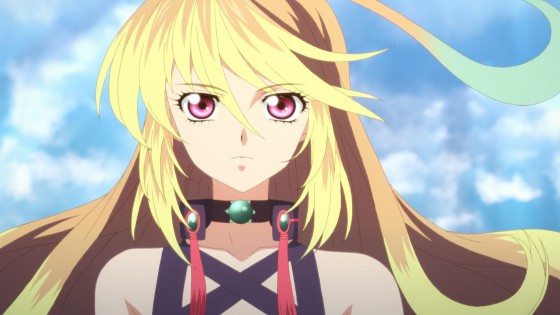
I even bought their figures. Before playing the game, yes. And I had them near me all the time I was playing. I would look at the figures and think: “thanks to my foreshadowing that I have you both”. As expected, the game presented some flaws (no cooking, little emphasis to the loot items, weird voice for Milla), but I went over all of this and really enjoyed the game. The story was not one of the best, but certainly engaging enough for me to keep on playing and cheering on the characters.
However, the story didn’t follow the path I was hoping for. You see, JRPGs follow a certain sequence of actions and stories. Usually, the characters are facing a certain common enemy for, more or less, half of the game, and for e other half they are following the real enemy (more fierce, more powerful and more evil). And during that part of the game, there will be revelations about the characters and the conflicts among them will be solved. Generally, their relationships will change and be solved, somehow. What happened with Xillia is that the game got stuck in the first part. There was no second part: the were no further revelations, no further character development, no conflict resolution, no real enemy, no real battle. They were trying to save the world, but, really, it didn’t feel that way.
I can say that I had fun for more than 30 hours. Intense fun. But the story began to change, as if someone else started writing it. Jude was intelligent, but he lacked will to beat some sense into anyone, even himself. It is not as if he borrowed Milla’s ideal for himself: he basically stopped thinking. And everyone stopped thinking with him. No one argued against Milla, although her actions were as reckless as ever. And she, as the heroine, didn’t have an actual plan: she had desires, a mission which she strongly had to fulfill, and no one ever questioned her about the true relevance of it. She was already incompetent enough to have let the Four Great Spirits go, to have her legs be hurt by Nachtigal, and when she comes back from “death”, everyone cheers. No one ever dare to tell her how egotistic and egocentric she is. She insists into protecting “human as spirits alike”, and she is noble for not wavering a bit about it, but she is so focused about it that she can’t see anything else.
One can say that Milla is obstinate; okay, but she is also not provided with insight. She is unable to see what is far ahead of her, and she has no course of action. She just walks straight ahead, and Jude, instead of trying to help her to consider other routes, just guides her even more into only only path. And I can’t even justify his actions as being a way for him to become (physically) intimate with her because he doesn’t even hint that.
And, really, none of the other characters there had real issues and conflicts to be dealt with, and if they had, the issues weren’t explored in the level of how that character can develop from that. No one changed, everyone stayed the same. One can argue that Elise changed to someone who speaks for herself, but that is not her focus: she wants to have school friends, very lightheartedly, as if what she has gone through in the laboratory meant nothing. What about Jiao? Does anyone remember him?
Rowen had a problem with being a strategist and then abandoning his post but what of it? I am still waiting to see how that changed and transformed him into who he is besides just being scorned by Wingul.
And Leia. What are her problems again? One-sided love for her childhood friend.
If anyone, from the main party, has any real issues that definitely changed and developed the character, this one is Alvin. He is not just a poor guy, he is miserable. His mother is sick, his father is dead, he kills his own uncle and he didn’t manage to save his lover. His life is so doomed that his mother doesn’t even recognizes him, and he has to write her metaphorical letters in order to tell what is happening to him. (“I have taken in two stray cats, their names are Jude and Milla”). Eventually, she dies and there is no mention of it! He has many reason to betray everyone how many times he want because he is the only one who has nothing to lose. He has no limits, he can go to extremes. And even going to extremes, there is no constructive reaction from the other characters, especially from Jude, who should be the leader. They don’t forgive him, but they also don’t exclude him. They just leave him hanging in the middle. It as if the other characters were numb to his actions. Pretty much like punching an indestructible jello: at first, it shakes vigorously only to return to its original state. If I were in his place, I would have betrayed those fools as many times as I could.
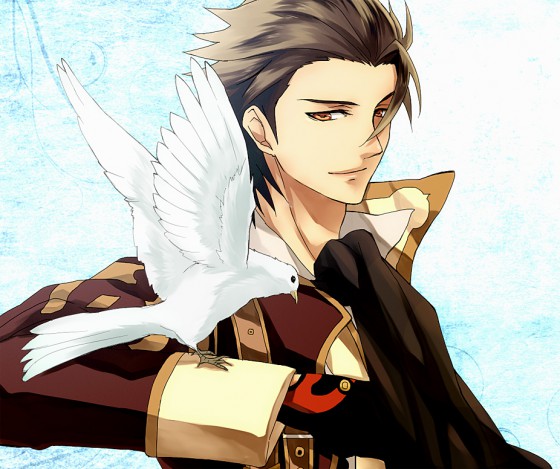
The most important and coherent character from the entire game, in my opinion, is Gaius. He is not just a king, he is a proper ruler of a prosperous nation, loved by his people. He thinks logically, and his ideals follow a plan of action traced by him. The weak should be protected by giving power to those who are already stronge and thus have the power and obligation of protecting the weak. He realises that the problems is that world will not be solved magically; he knows the implications of establishing a new culture for energy consumption, he is aware that it takes time, that it should be done slowly and that consequences are political, economic and social. He is the prototype of a hero, or of what you should be expected from a hero. His only defect is that he is mortal, and hence he has no means of guaranteeing that his successors will follow his exact steps.
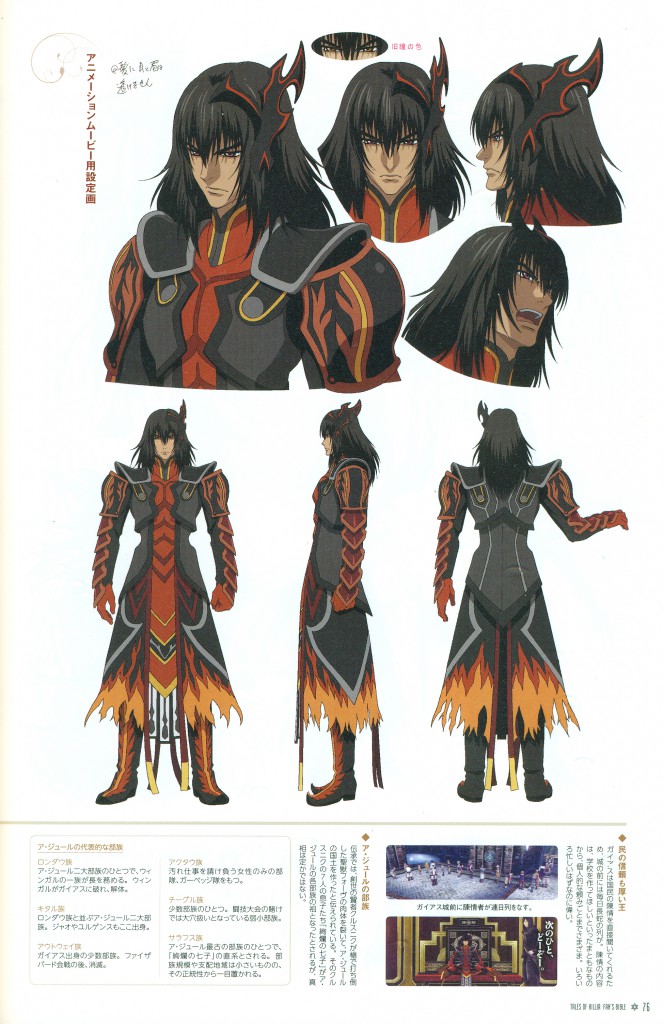
Gaius does not prove to be a true enemy because he is too noble. You can’t simply feel good about defeating him, because he is ot the villain. Not even Maxwell was the villain. Xillia had no antagonist, and by that it is an incomplete game. What are you fighting for, as a gamer? Why are you grinding, improving your skills, collecting items, farming and buying new weapons for? To fight and defeat an actual good character, more hero-like than the game’s own heros?
And then, almost out of the blue, it is revealed that when Milla came back to life she came back as a spirit, and not as a human, and by that she was to become the real Maxwell. It was difficult for me to accept that Maxwell, the Lord of the Spirits and the most regard summon in the series could be easily replaced by a stubborn, narrow-minded and illogical character.
The end of Xillia was disastrous, so much that I thought it was a joke. First of all, where the hell is the last boss? That was the last boss? Where is the ridiculously difficult battle, and the decisive moment in which the evil will really be exterminated? Where is the thrill of finally finishing a Tales game? It doesn’t exist, and mainly because there is no evil, to start with. Gaius, as the main villain, is not a villain at all. He lacks the qualities of an antagonist, and as I said, he is more a hero than the main characters. With no true and antagonist, I am actually fighting against a rival. And I am not interested in that, specially because I think Gaius is more coherent that everyone else. I was disconnected from the game. I wasn’t in sync with the characters, as I usually am, and I didn’t really care for the resolution, which happened to be non-existent as well.
What did they solve? What did they accomplish? How did they change? Where is the main characters transformation and the realization that life and dreams are not as they think it is?
Where is the heroes comeback?
Where is the epic story?
After finishing the game, I thought: well, they must have planned a sequel from the start. Yes, they are going to fix this, and truly develop the characters in the second game. Milla will be back, she will be different, she will know the consequences of her actions, Jude will not be so submissive, they will get their stuff together. As far as I could read about the sequel, no. Apparently, Xillia 2 went through the process of retcon. Another Milla comes from another dimension. Oh, but what other dimension? It was always there, it just happen to be out of the screen. What about our Milla?
It looks like they have come up with a poor excuse to reuse a character 3D model without a lot of effort. The game was an expensive venue, there must be money coming from it.
I am sad and disappointed. Frustrated. It took me 53 hours to finish the game, and I feel as if I hadn’t played a
Tales game, but something else. Also, it made me worry. I have been tense since
Tales Studio was closed in 2011, fearing that the series might meet the same fate of
Final Fantasy. And I actually considered the possibility of them trying to sell a Namco version of Lightning. Maybe that was their intention, and they thought that strong, silly and stubborn women are all the rage now. I have nothing against this new trend, mainly because I am a girl, but I don’t see how this type of character can possibly justify a bad story and flawed characters.
Also, I am not saying that we should be stuck in the same old formula forever. Games series can change and continue being the same series. It is possible to feature more mature or less mature characters, with different relationships and developments, entangled in new, unexpected conflict, fighting truly fierce villains while keeping the same substance that makes a game series coherent. And that should be the focus: the connections, consequences and results of the elements of a story, and not how a single character will be featured. Milla is important, and she has all the characteristics to be one of the best characters ever from the series, but she is not challenged, she is not conflicted, she is not taken to extremes to test and see how she will develop. She is left preserved, hermetic. And that is not interesting. That doesn’t make the game complete. Participating in her story is not even rewarding.
Although this game may be appealing to a large public, and suitable to new audiences, it doesn’t have the characteristics to be a game to be replayed uncountable times, as other Tales. With flat characters, there is nothing to learn from them, nothing to discover about them. There are no contradictions to be unveiled. The game is as deep as the achievements go: once you get them all, there is no further reason to dwell in the game world.
I sincerely hope that future Tales games will, at least, not follow the Xillia example. They don’t need to be perfect; they just need to not be like Xillia was: incomplete, insufficient, lacking. And I do hope because I want to play them; because – in the same way I did with Abyss, Symphonia, Vesperia, Phantasia and many others – I want to be infatuated with them.

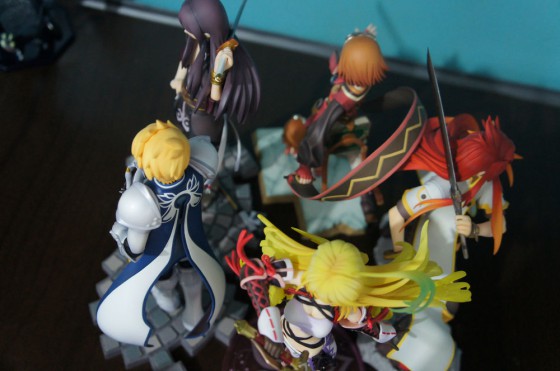



 I Finished “Hotel Dusk”
I Finished “Hotel Dusk” SuperSugoiSoftStudios DevDiary #01: First Steps
SuperSugoiSoftStudios DevDiary #01: First Steps Dec 21st, Jude
Dec 21st, Jude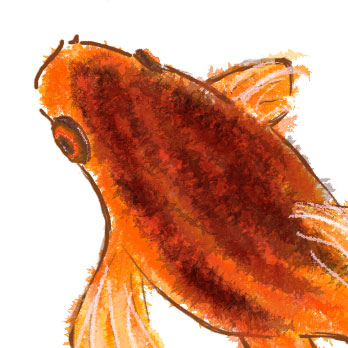 Becoming myself again via video games
Becoming myself again via video games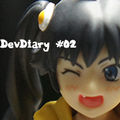 SuperSugoiSoftStudios DevDiary #02: Building the Storyline
SuperSugoiSoftStudios DevDiary #02: Building the Storyline DevDiary #6: Towards post-production
DevDiary #6: Towards post-production DevDiary #5: Putting ideas into practice
DevDiary #5: Putting ideas into practice